How To Learn About Local Culture
Truly meaningful travel only occurs through deep connection with a place; its local people, way of life, and culture.
This involves more than flying somewhere, staying in a luxury hotel, lounging by the pool, ordering cocktails, speaking one's mother tongue, and eating food from home.
It's baffling that some people are willing to spend hundreds of pounds to fly far away, only to behave exactly the same as they would at home.
Why on earth would anyone pay to skulk in the comfort of a hotel, when they could be exploring an entirely new corner of the Earth, the likes of which they have never seen before, and may never see again?
All travellers should be aware of where their travel behaviour falls on the scale from cultural non-participation to cultural appropriation. This article bridges the gap between those two extremes of that scale, exploring various ways to tangible learn about, embrace, and participate in foreign culture while travelling.
To do so, it is split into two main sections: before and during the trip. Each of these sections offer a range of applicable tips to deepen cultural immersion while travelling.
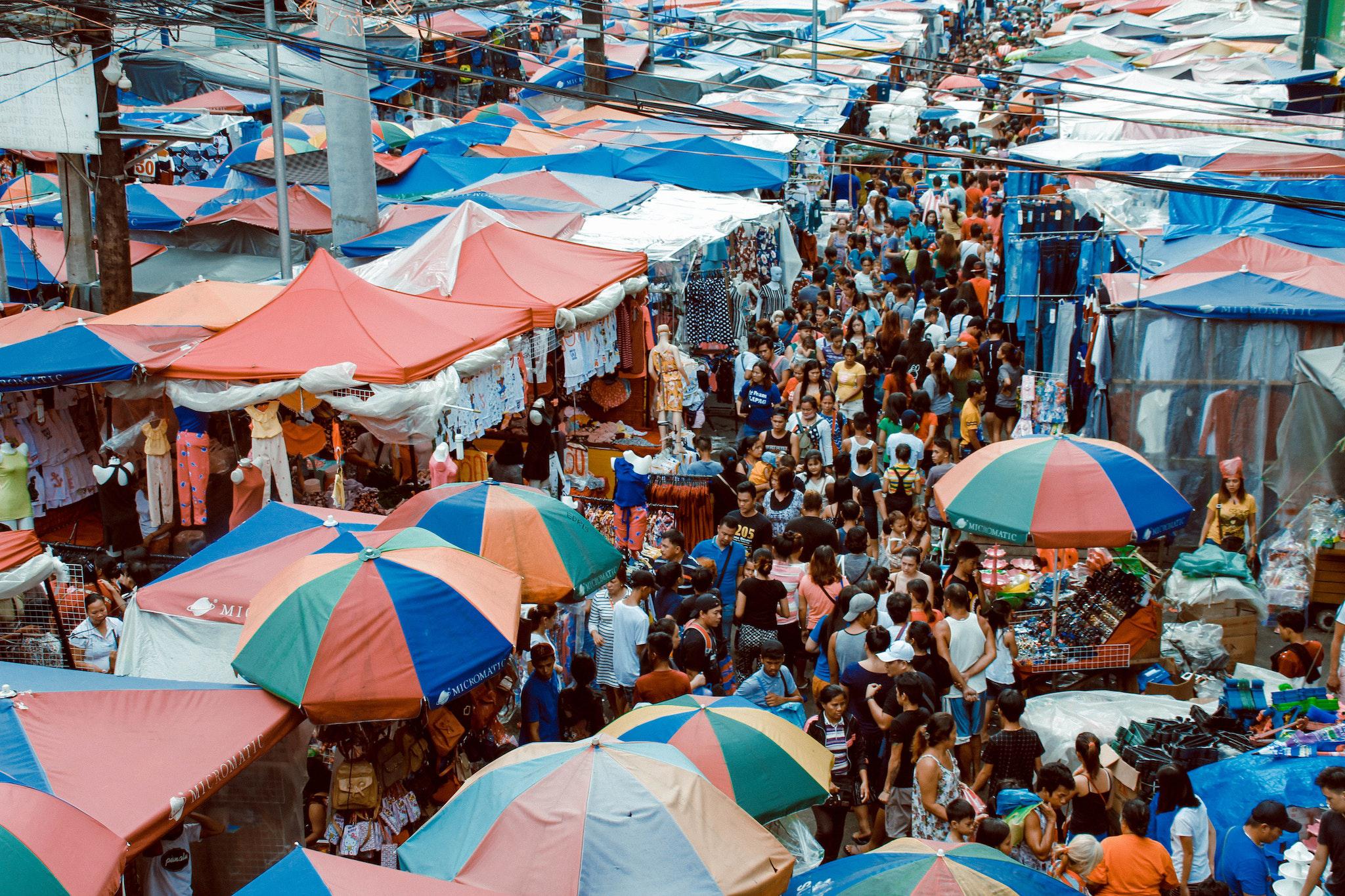
Before The Trip
Conducting a bit of prior research is crucial. It is possible to enjoy yourself in a new country even if you are completely aware of its current state of affairs. But it is nearly impossible to build a comprehensive understanding of its beliefs, social systems, and cultural norms - and it is also likelier that a culturally oblivious traveller could cause offence.
Tip #1 - Learn the Local Language
The importance of this cannot be overstated.
Part of the privilege of having the money, time, and freedom to travel is recognising that, if the locals can't speak the traveller's mother tongue, that is the traveller's problem, not the locals'. The traveller enters their home, and therefore should be willing to use their language.
Simply learning basic words and phrases better equips travellers to interact in everyday contexts. Even the common courtesies of 'hello', 'please', and 'thank you' will go some way to show respect and friendliness with local people.
To go a step further, learn some situational words and phrases. Picture yourself in different situations when abroad, such as asking for information at the airport, ordering food at a restaurant, or asking directions in the street. Write down the words and phrases needed to interact in those situations, translate this into the local language, then learn this vocabulary.
All over the world, the linguistic shortcomings of Westerners are infamous. Expectations are low, particularly in parts of the world accustomed to English-speakers' woeful foreign language efforts.
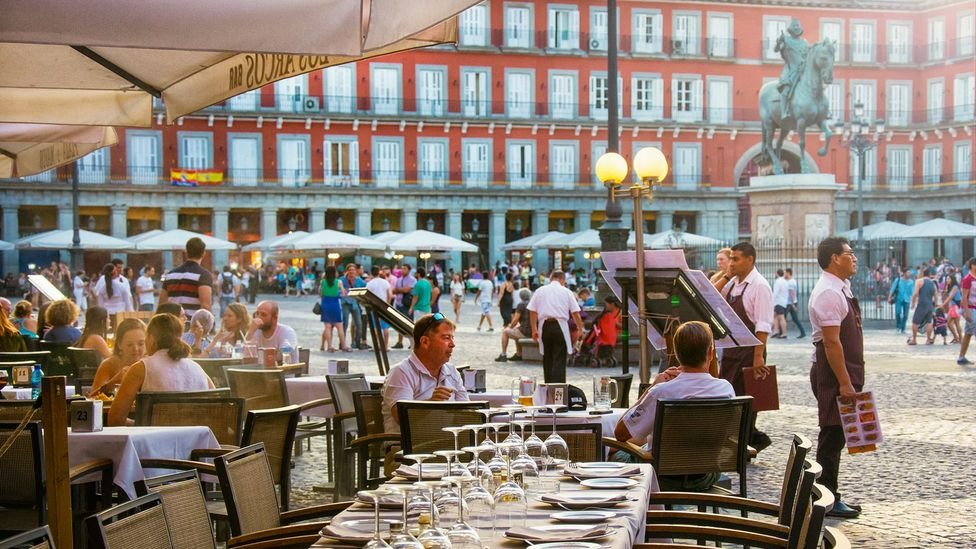
Even mastering, for example, "una mesa para cuatro, por favor" to use in Hispanic South America will come as a pleasant surprise compared to the everyday standard of touristic Spanish.
Travellers who make this effort are welcomed more warmly, rather than just reinforcing the stereotypical image of Western tourists as linguistically and culturally entitled.
It is important to note that there is no expectation of fluency. Mastering some simple vocab folders on Quizlet, completing some Duolingo mini-courses, or practising easy phrases out loud (to yourself or with someone else) all helps.
For some other easy tips to learn languages, check out this article.
Tip #2 - Research Current Affairs
Travelling without any prior knowledge of the location's social, economic, and political landscape is a recipe for shallow cultural immersion.
In the weeks (or months, if you're keen) leading up to the trip, make a habit of consuming content on current affairs. Podcasts, articles, videos - the format matters little, as long as the content piques your interest, from elections, to food, to sport.
Not only will this feed anticipation in the build-up to the trip, but it will help to circumvent any cultural conflict.
A good example would be the importance of reading up on current affairs in Catalonia before visiting Barcelona, its capital. The age-old Catalonia independence movement is highly controversial and incites passion on both sides of the debate, particularly during the 2017 referendum.
To visit during that time - or any time - without awareness of the movement is foolish and insulting. Even simply referring to Catalans as 'Spaniards' ('españoles') might provoke offence, as many Catalans self-identify as separate from Spain.

Tip #3 - Study Cultural Differences
Also relevant to showing respect is learning some ideas quintessential to the local way of life. Ideally, these are localised specifically to the city or town being visited, although they can also be more widespread, prevalent concepts underpinning cultural differences, such as viveza criolla in the Hispanic world.
Discover how people greet each other in various situations - is it with a formal handshake, a hug, or a certain amount of kisses on the cheek?
Before visiting any bars or restaurants, find out whether tips are expected, and if so how much is the norm (in the USA and Canada tips are comparatively high, usually around 20%).
Research whether or not you should take off your shoes when entering people's homes, as many Asian countries find not doing so offensive.
Learn about the local drinks or dishes that the place prides itself on, from pulpo a la gallega in Galicia, to apfelstrudels and schnitzels in Vienna. Is there a certain way these are presented or consumed?
Cumulatively, all of these behaviours help travellers to better integrate with the local community and culture.

During the Trip
There's not much point in learning about the current affairs, politics, food, sport, language, and customs of a place only to not act on them. This second section explains how travellers can apply this information in real-life scenarios.
Tip #4 - Use The Local Language Wherever Possible
This can be particularly daunting for a lot of people, but - as with most things - once you get over that initial fear of making a mistake and feeling embarrassed, it becomes noticeably easier.
In every little exchange, from ordering drinks at a cafe, to chatting with a hotel/hostel receptionist, to buying tickets on the metro, just give it a go. Treat all of these people like friends and actual humans, rather than simply there to provide a service, as some travellers do, and conversate. Ask for advice and tips, using the local language as much as possible.
Seriously, what's the worst that can happen? A grammatical mistake? A mispronunciation? No-one will remember a small linguistic blunder, but locals will remember the traveller who made the effort to speak the local language. People are also much likelier to give good advice if asked in their mother tongue. Learning and using the local language is the key to unlock some of the most authentic, immersive travel experiences available.
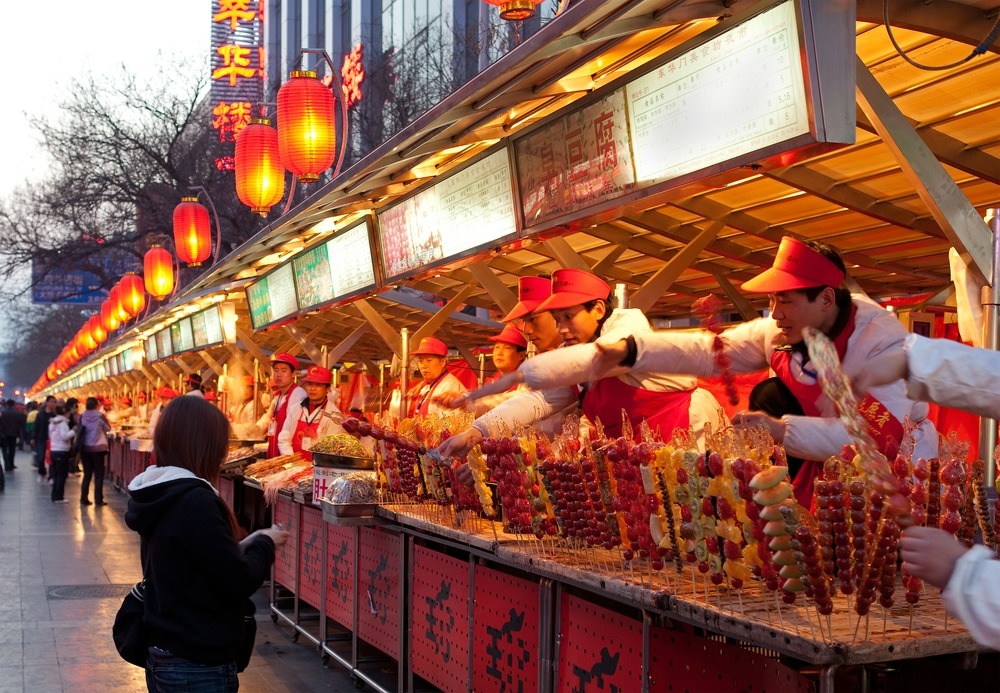
Tip #5 - Eat The Local Food
This cannot be stressed enough. When travelling, there is little more embarrassing than seeing an American travel all the way to, say, Portugal, only to ask: "do you just do a hamburger and chips?". Or a Brit voyage all the way across to Thailand, just to say: "that looks great ... but can't I get a Full English?"
Here's a quick tip for you: to find the best local food, look for independent restaurants usually found away from the main tourist spots. These tend to have the most typical, home-cooked dishes, but with far cheaper prices than the high-end restaurants. Another alternative is street food, which comes with slight risks in some parts of the world, but can unearth some hidden culinary gems.
Why not order the thing off the menu that sounds intriguing even without really knowing what it is. Or - even better - ask the waiter what they recommend, drawing on those aforementioned situational phrases learnt before the trip.
Embracing local culture through food goes past dining out. When reflecting on the most impactful experiences of travelling, a commonly raised memory is sharing a meal in a local household, with a local family. Participating in something so integral to all human lives while witnessing the intercultural differences it engenders is enlightening and soul-warming.
As put by Jonathan Safran Foer: “Food is not rational. Food is culture, habit, craving and identity.”
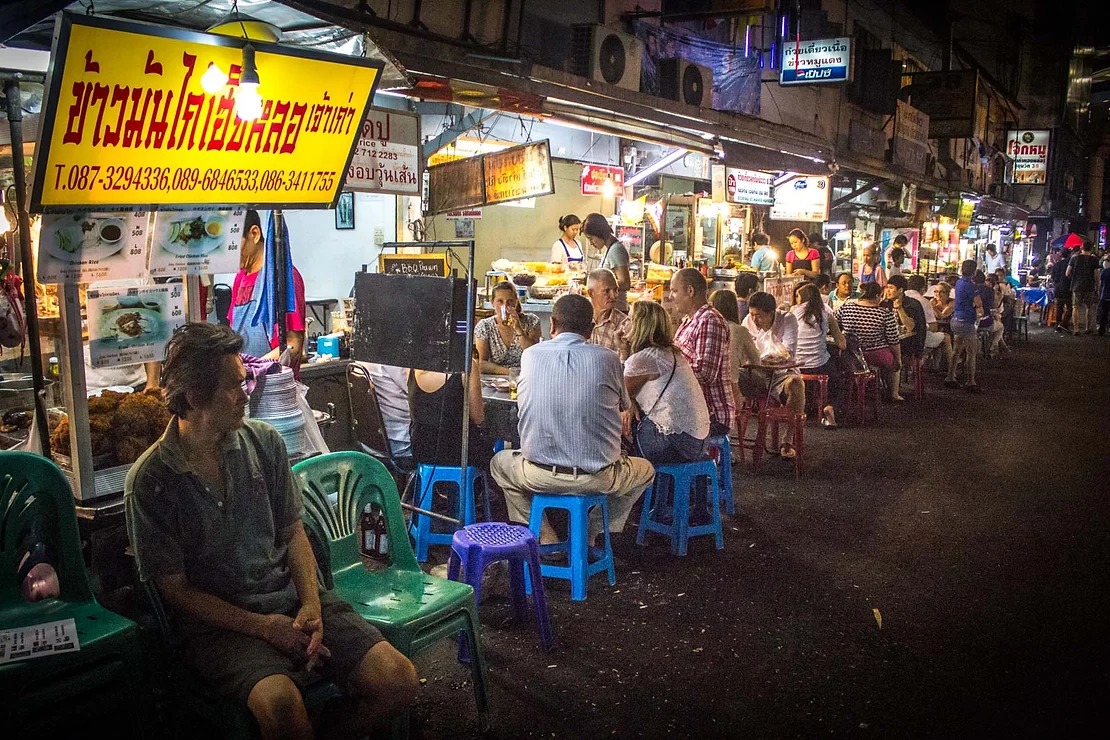
Tip #6 - Avoid Luxury Accommodation
We can all revel at the sight of a four-poster King-sized bed, private balcony with sweeping sunset views, and rooftop swimming pool. But these are not the places where immersive travel occurs.
Far too many people get caught up in the all-inclusive, full-board hotel, with all meals covered. Convenience is understandable at times, but the entire point of travel is to grow through diversity, and some adversity.
Stay somewhere a little cheaper such as a hostel, where there is more interaction with other travellers and locals. That way, it is easier to learn tips, tricks, and recommendations that will vastly improve any trip.
If possible, stay with a local family. Renting a room in their home might give you the opportunity to share a meal (see the previous tip), and to hear lesser known suggestions of local spots to visit.
These places aren't glamorous; they aren't advertised on the front of glossy brochures. To find them, it often requires much more online digging or word-of-mouth recommendations. But such experiences are invaluable for cultural immersion.
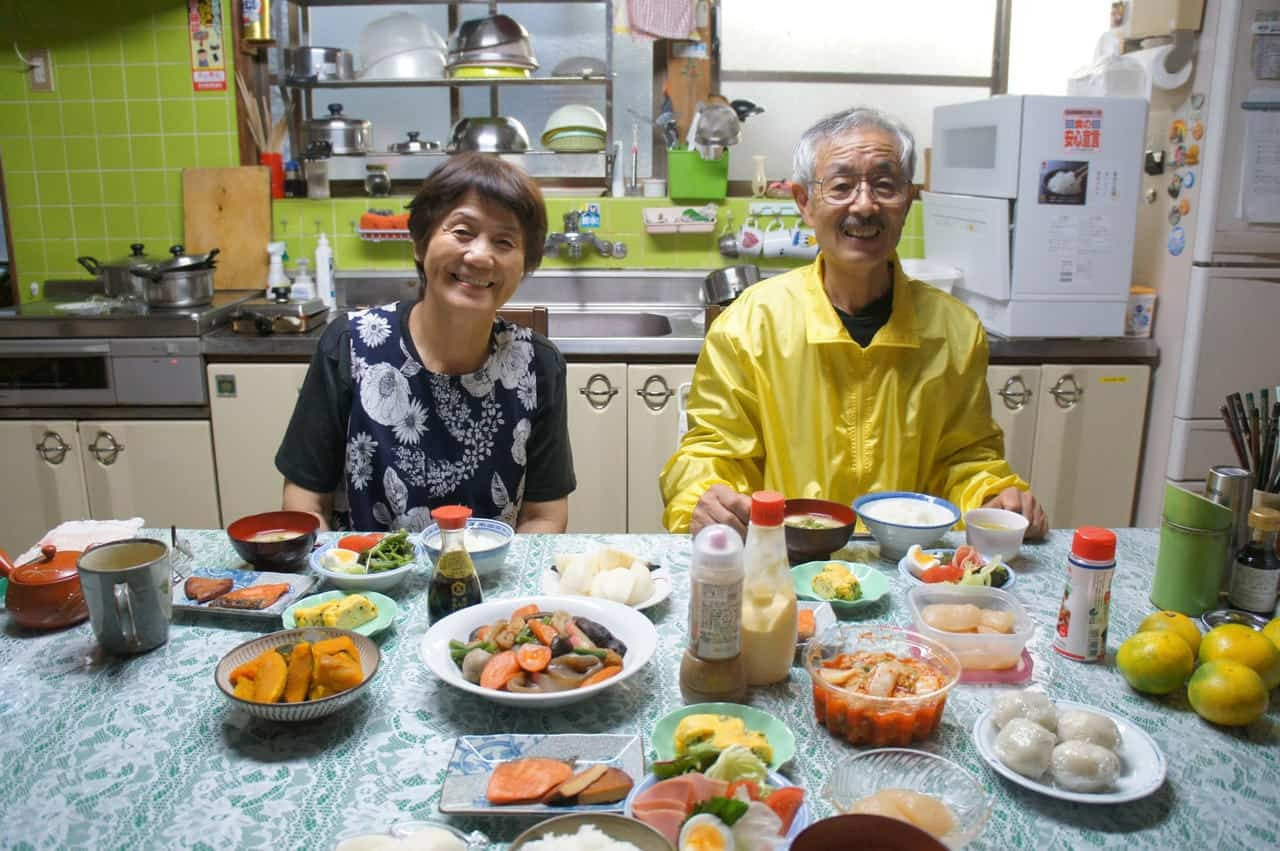
Implementing all of the above, or even part of it, will deepen feelings of fulfilment while travelling. Reach a level of emotional investment in the location that you keep track of its goings-on after returning home. And, hopefully, keep persevering with the language learning.
Post a comment